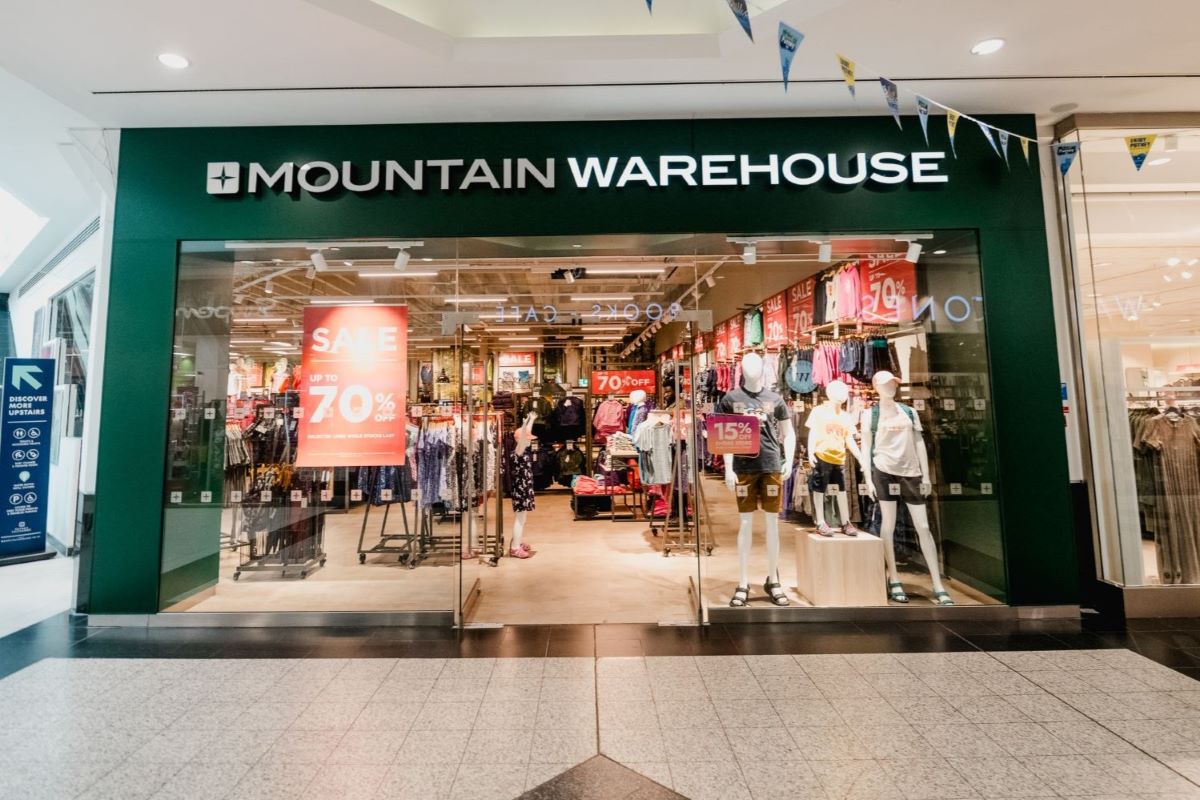
According to Gartner®, “A once-in-a-lifetime tectonic shift toward customer behaviour hierarchies will require a break and rewrite of traditional product-based merchandising models, driving a strong refocus on sustainable margin metrics.”(1) The ultimate destination for retailers is a unified commerce strategy, with e-commerce integrated with, and supported by, local frontline store workers.
This shift will require traditional merchandising models to be broken down and rewritten, facilitated by a period of proactive internal disruption. It is no doubt setting alarm bells ringing. One of the core goals of any CIO is to minimise disruption, or preferably avoid it altogether.
The Threat
While some retailers may question whether this level of transformation and disruption is really necessary, major changes to customer behaviour and expectations mean they are vital to remaining competitive. This is down to two aspects: the economic crisis with rising inflation and cost of living means consumers are spending less and are being more selective in what they buy, and from who; coupled with “zero tolerance” for retailers who do not manage to meet all the various delivery, service and convenience requirements consumers now have, post-pandemic, as McKinsey has noted.
There is also another challenge for retailers needing to modernise their businesses for the new consumer: the talent crisis. In order to successfully update their operations and take advantage of the latest innovations, retailers require staff with new technology skills. However, 69% of IT employers are currently struggling to recruit the right digital workers, according to Open University. The talent shortage is leading to some retailers having to increase their in-house training capacity. According to Monster’s “Future of Work” report, a third are prepared to hire people who have no appropriate skills but are trainable.
The Objective for Retailers
As retailers shift their business towards a unified commerce strategy, it will be critical for them to transform to a composable ERP business model. This approach will enable retailers to build an enterprise application environment that is highly configurable, flexible and enables the core ERP to interoperate with innovative applications at the edge of their networks.
The danger for retailers who do not innovate is that it could have a direct impact on their profitability, as Deloitte (2) has warned: “Retailers currently thriving in the apparel and discretionary spend market… are migrating to agile, efficient delivery models that can quickly adapt to changing market conditions, using cost savings to fuel innovation…Retailers that take steps now to rethink and restructure how they do business have an opportunity to outpace competitors, exceed consumer expectations, and emerge as leaders in future markets.”
The Strategy to Achieve Transformation
So what are the best ways to approach this sizeable transformation task? One is the brute-force ‘rip and replace’ method, switching out existing applications and installing a new core platform. The problem with this approach is that as existing systems have been customised to suit the specific retailer’s needs, ripping those out and replacing them with vanilla SaaS equivalents can be disruptive. Retailers would be forced to adopt the vendor’s processes in place of their own developed over the years; new staff would likely need to be hired to manage cloud applications – with the aforementioned skills shortage as a backdrop - and ongoing support would be required to ensure applications remain up-to-date. In short, it would likely make it harder to react to disruptive business and market changes, not easier.
There is another approach, which enables retailers to achieve this incremental business value from their ERP system: optimise, evolve and transform. This is the smart path to transformation. Retailers will likely still end up in the cloud, but at your own pace rather than dictated by vendor updates and processes, and you would be able to direct resources to where you can gain the most competitive advantage.
There will still be some disruption to your business as you update existing applications to meet current and future consumer expectations, but this would be on a smaller scale and will not prevent smooth operation of the business. Rather than going down the ‘rip and replace’ path so often recommended as the only way by cloud vendors, you can choose to maintain your existing in-house applications and use support from a provider such as Rimini Street to replace and extend the support provided by the vendor. This will release you from the tyranny of pressured upgrades and free up resources, time, expertise and money to direct towards innovations that get you closer to a unified commerce strategy.
The Result
Today’s consumer has zero tolerance for a poor experience, is more selective about who they shop with, and is spending less. By adopting a composable ERP platform retailers will build an optimal IT infrastructure that puts them in a position to innovate and respond to the latest consumer shifts. To get there requires a pragmatic approach, which minimises disruption and manages cost. A smart transformation journey, which sees retailers maintaining some of their existing applications in-house and targeting modernisation where it can have most impact, can offer a more cost-efficient strategy. If the long-term goal is to drive competitive advantage, increase brand loyalty and share of wallet, then this measured approach will ensure that retailers don’t have to rip up all their existing IT investments.
About Rimini Street, Inc.
Rimini Street, Inc. (Nasdaq: RMNI) is a global provider of enterprise software products and services, the leading third-party support provider for Oracle and SAP software products and a Salesforce partner. The Company offers premium, ultra-responsive and integrated application management and support services that enable enterprise software licensees to save significant costs, free up resources for innovation and achieve better business outcomes. To date, nearly 4,700 Fortune 500, Fortune Global 100, midmarket, public sector and other organizations from a broad range of industries have relied on Rimini Street as their trusted application enterprise software products and services provider.
To learn more, please visit http://www.riministreet.com, follow @riministreet on Twitter and find Rimini Street on Facebook and LinkedIn. (IR-RMNI)
(1) Gartner, “Top Trends in Retail Digital Transformation and Innovation for 2022”, Jonathan Kutner, et al, 14 March 2022.
(2) “A new formula for retail recovery and growth,” Deloitte, June 16 2022



.png)







Recent Stories